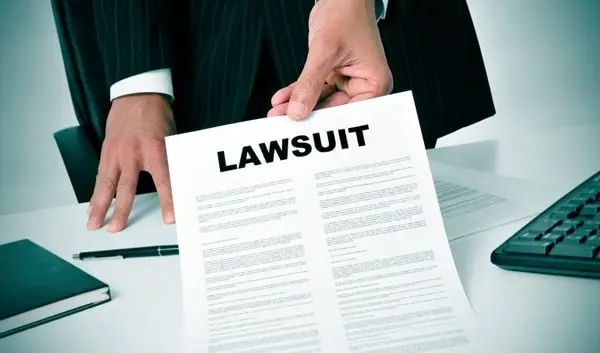The Boy Scouts of America (BSA) has faced a historic reckoning over sexual abuse allegations, resulting in one of the largest settlements for abuse survivors in U.S. history. This settlement, now valued at $2.46 billion, was established through the BSA’s bankruptcy proceedings in response to over 82,000 claims. However, complexities within the settlement, such as varying state statutes of limitations and legal disputes, have brought both resolution and frustration for survivors. This article explores the background, current legal challenges, and potential outcomes of the Boy Scouts lawsuit, shedding light on the impact of this landmark case.
BSA Bankruptcy and Formation of the Scouting Settlement Trust
The BSA filed for Chapter 11 bankruptcy in 2020 after facing a wave of lawsuits from former scouts alleging sexual abuse by troop leaders. This filing paused individual lawsuits and allowed the organization to negotiate a compensation fund for survivors, aiming to provide justice and closure. The Scouting Settlement Trust was created in 2023 with a pool of $2.46 billion, funded by the BSA, its insurers, and affiliated organizations. Payments for survivors vary based on factors like the severity of abuse and state laws governing claims; some victims could receive as much as $2.7 million, though average amounts are expected to be lower due to fund limitations.
Legal Challenges: Disparities in Compensation and Third-Party Immunity
One of the main controversies surrounding the settlement is the wide disparity in compensation for survivors based on state statutes of limitations. Survivors in states with longer limitation periods, such as New York and California, are eligible for higher compensation, while those from restrictive states may receive substantially less. This “geographic penalty” has led to criticism from legal advocates, who argue that the location of abuse should not impact the level of compensation awarded to survivors. As some states reconsider statutes of limitations, administrators of the trust may have to adjust compensation calculations to reflect these legislative changes.
Another legal complication involves the settlement’s provision that protects third-party entities—such as local councils and churches affiliated with the BSA—from future lawsuits. Some abuse survivors have argued that this immunity is unfair, as it shields entities that potentially ignored or enabled abusive behaviors. While a majority of claimants supported the settlement, a small group appealed this aspect, contending it prevents accountability for organizations that indirectly contributed to abuse.
Supreme Court’s Involvement and the Purdue Pharma Connection
The BSA’s settlement also drew the attention of the U.S. Supreme Court due to similarities with the Purdue Pharma case, where the Sackler family sought immunity from future lawsuits in exchange for a multibillion-dollar opioid settlement. In early 2024, the Supreme Court temporarily paused the BSA settlement while it considered whether the arrangement’s third-party release provisions were legally valid. However, the Court eventually vacated this pause, allowing the settlement to proceed and shifting the ongoing appeal to the U.S. Court of Appeals for the Third Circuit, which will review whether bankruptcy courts have the authority to release claims against non-bankrupt parties in such cases.
Claims Processing and Survivor Frustrations
The Scouting Settlement Trust officially began processing claims in 2023, but many survivors face significant delays in receiving their compensation. To address immediate needs, the trust implemented an expedited distribution process, offering a $1,000 advance payment for claimants with urgent financial requirements. Full payments, however, are contingent upon the resolution of disputes with insurers, which has prolonged the payout timeline. For survivors who have waited decades for justice, these delays have added another layer of frustration, as they face continued uncertainty over when they will receive their full awards.
Future Implications for Abuse Litigation and Organizational Accountability
The BSA settlement sets a precedent for other organizations dealing with similar abuse allegations, highlighting the importance of timely accountability and the challenges of equitably compensating victims across diverse jurisdictions. This case has spurred conversations about potential reforms, including nationwide extensions of statutes of limitations for abuse claims and clearer guidelines on third-party liability in bankruptcy settlements.
For organizations like the BSA, the lawsuit emphasizes the need for robust internal protections and greater transparency to prevent future abuse. Legal experts suggest that cases like the BSA and Purdue Pharma reflect a broader trend toward accountability for institutions linked to widespread harm, where settlements must balance fair compensation for victims with the financial viability of the organization.
Conclusion
The Boy Scouts of America lawsuit underscores the complex dynamics involved in large-scale abuse settlements, where victims’ rights, state laws, and legal principles often intersect. While the settlement fund offers a path to closure for thousands of survivors, it also reveals challenges in achieving fairness within the constraints of legal systems. As the appeals process continues and other organizations navigate similar issues, the BSA case will likely shape future policies and standards for both institutional accountability and survivor compensation.


